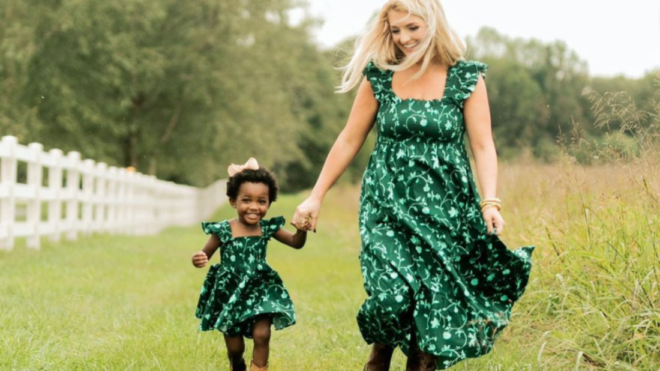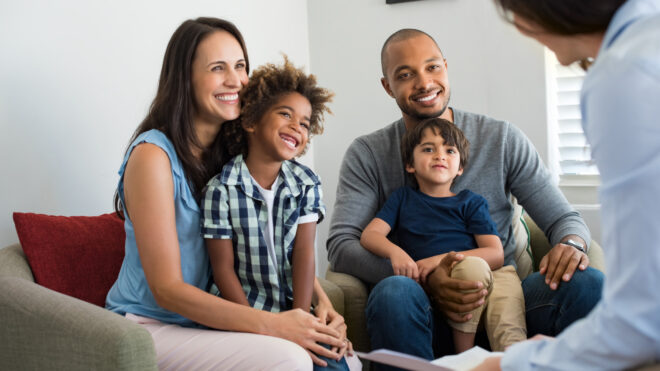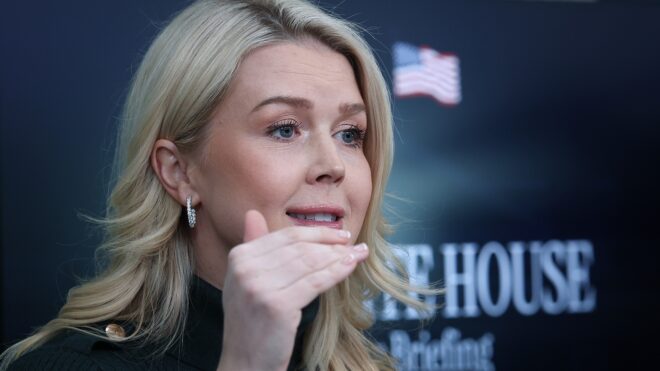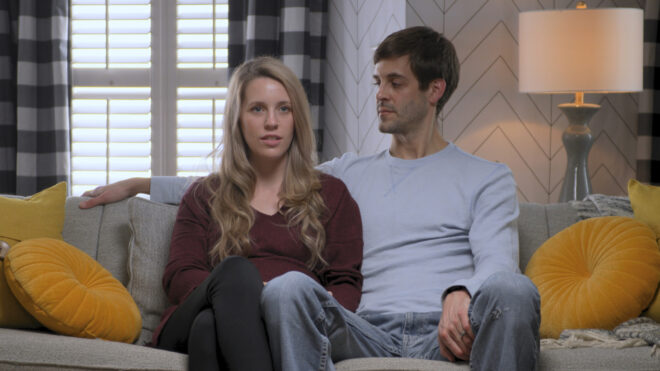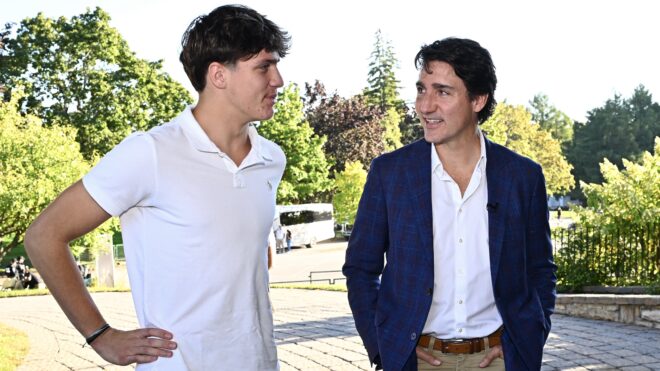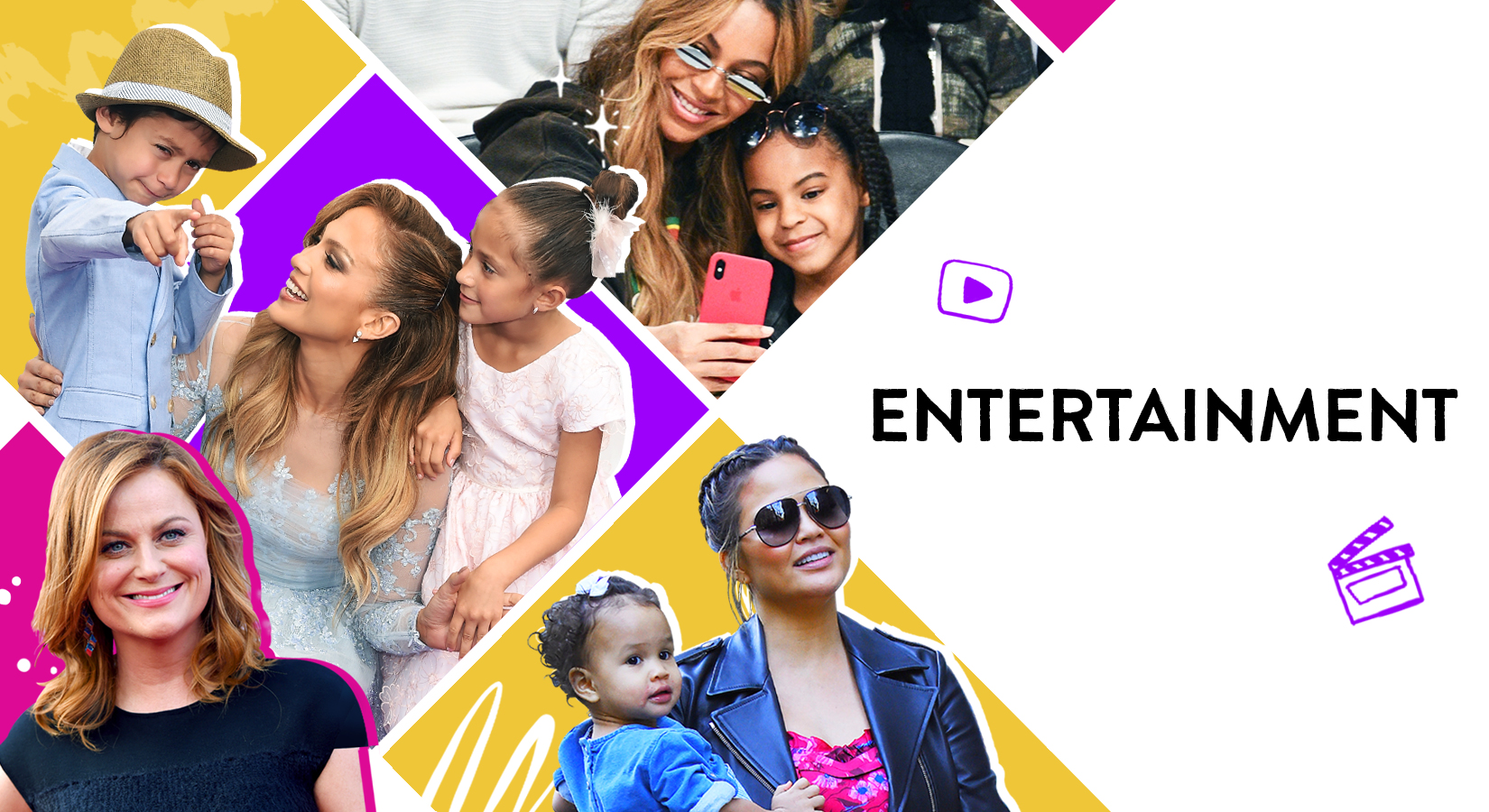
Adoption is not an easy topic to cover. As much as adoptive parents are revered and respected in American culture, adoption is inherently difficult. And for so many generations, it wasn't just a taboo topic of discussion, it was a taboo decision to make for both biological and adoptive parents. To be honest, our earliest memories of seeing the topic discussed on TV and in movies were mostly of negative portrayals. Biological parents were depicted as being of poor character; foster children and adopted children were shown as troubled and naughty; and adoptive parents were often portrayed as victims.
But the reality is — and this is coming from someone who has three adopted brothers — that things are not always quite so dramatic. Adoptive families are each unique and different, just like non-adoptive families. We come in all races and ethnicities and from various socioeconomic classes. Adopted children also are each unique and different — and yes, some are troubled, but they are not inherently bad. There are a wide variety of reasons for bio parents to not be raising their children, and adoptive parents are not all "saviors" or destined to struggle with their children.
Hollywood doesn't actually cover the topic of adoption all that often, but when it does, it frequently gets it wrong. And even when it gets it mostly right, the dramatization often goes too far and makes it all seem sadly inauthentic. The bottom line: Hollywood really needs to do better when it comes to its portrayals of adoption, adopted kids, and both adoptive and biological parents. Here are some movies and shows that get adoption so wrong — plus a few that are mostly on the right track.
'The Blind Side'
The biggest problem with The Blind Side, starring Sandra Bullock, is that it perpetuates the idea of the "white savior," which is terribly common in Hollywood films. You know, generous, rich white woman adopts a troubled Black teenager, and now everything's gonna be OK.
Well that's not how it works in real life. The film focuses on the adoptive parent saving the teenager, rather than on the unique challenges he would have faced and what he would have done to overcome them, even after being adopted. That's the real story of adoption and adoptive kids. Because regardless of who the adoptive parent is, overcoming the obstacles of a less-than-ideal childhood is an ongoing process for the person who was adopted.
'Luce'
Starring Naomi Watts, Tim Roth, and Octavia Spencer, Luce is a 2019 film about an interracial adoptive family — and it largely misses the mark. It's based on a play that dives deep into the often-overlooked issues related to interracial adoption, but the film does not. One thing in particular is that the adoptive parents have been described as "smug" about their decision as a white couple to adopt a Black child, but instead of unpacking that and how it affects their son, they're just allowed to be that way and not made to confront their own attitudes.
In real life, the impact of their holier-than-thou attitudes on their son's behavior, and their lack of awareness about his lived experience, would surface at some point.
'Juno'
Juno is a good movie. It really is. But it does a huge disservice to young moms who choose to put their babies up for adoption. Because in real life, they usually care — a lot. "Juno gives the impression that one can hand a baby off to strangers, have a few tears at the time the baby is born, and then the next day get on with your life as if nothing happened," Mirah Riben, a board member at Origins-USA, a national organization for birth mothers, told the Chicago Tribune when the film came out. "That is of great, great concern to me."
And yet, Juno simply portrays the happy ending and leaves us with the idea that every young girl who gives up her baby doesn't care all that much, and is barely affected once the baby is gone. So not the case.
'Despicable Me'
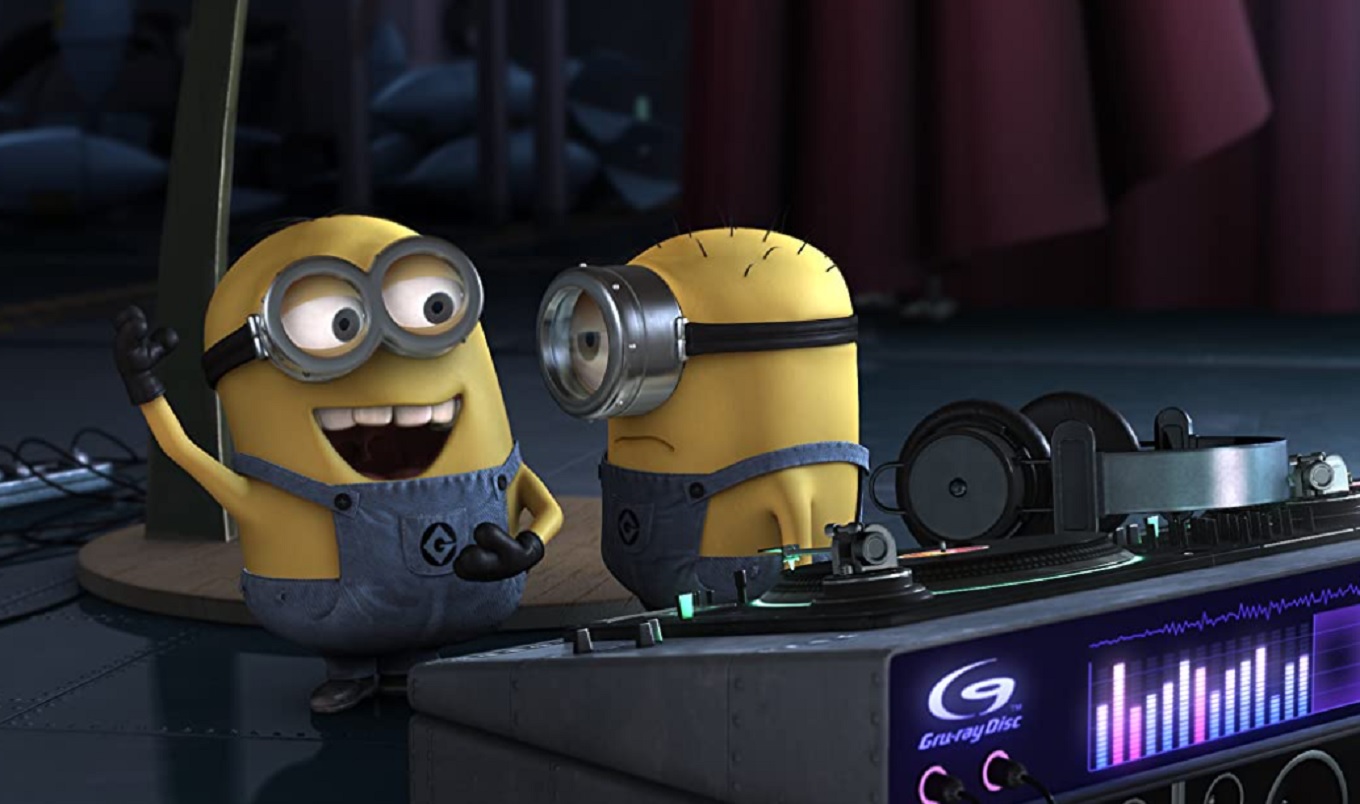
While subsequent Despicable Me films do a better job of depicting the adjustment of becoming an adoptive family, the first film in the franchise is just plain painful. For one, a would-be criminal would have a much harder time actually finalizing an adoption. Child services and adoption agencies go to great lengths to make sure that children are adopted by safe and secure adults. Secondly, it's not that easy to just return children you've adopted, especially if you've gone through an agency or a private organization and not the state.
'Annie' (2014)
Similar to Despicable Me, the events that led to Annie's adoption in the 2014 version of the film would simply not fly today. No one is handing over a kid to someone who barely shows any interest in her at all, let alone someone who isn't there to actually parent her more often than not. We're not saying there aren't bad foster parents out there, but there are systems in place to minimize sketchy placements, and being rich doesn't exempt someone from them.
'Problem Child'
Ugh. We actually really liked this movie when we were kids, but as adults, we feel so bad for Junior — and anyone who actually believed that this was an accurate depiction of kids who are adopted. Yes, there are kids in adoptive families who have behavioral issues, and yes, their lives before adoption often contribute to that. But not all children who are adopted have such upsetting social issues, nor do they all behave so poorly. If a child — adopted or not — is behaving this way, they likely need therapy more than discipline.
'Storks'
At first watch, the animated film Storks may seem like a heartwarming movie, but the way it depicts orphans is actually really sad. They are seen as perpetually ostracized, and in the end, the only thing that makes them not so is being reunited with their birth families and going on to live a happy life with them. For so many children, that's just not a reality. Reunification doesn't always happen, and when it does, it isn't always pretty. A lot of the time, it's not even the best-case scenario that the movie suggests it is.
'Little Fires Everywhere'
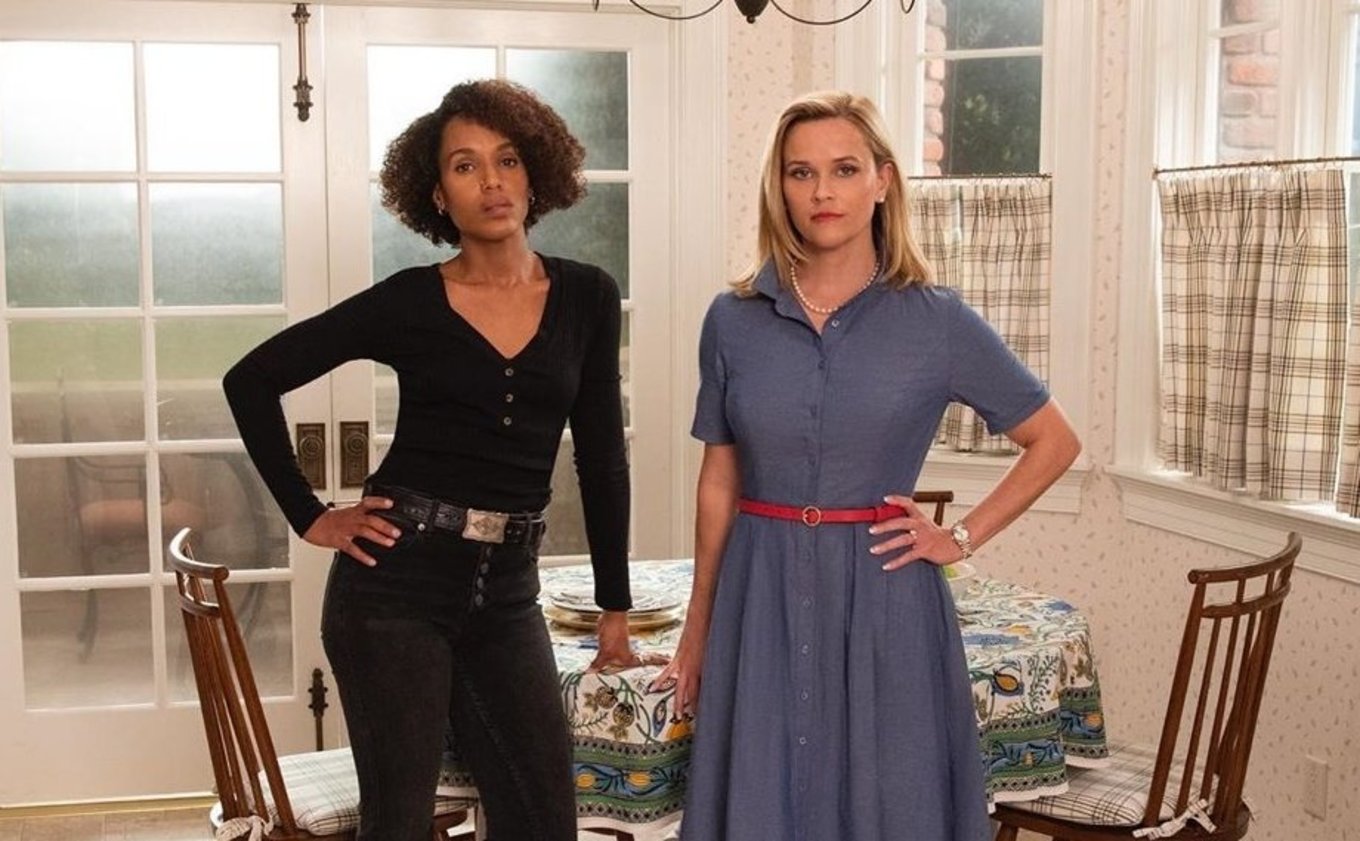
OK, Little Fires Everywhere is incredibly well-made and well-acted. It's based on the book by Celeste Ng, which is really where the problem lies. One of the storylines is the custody battle between an adoptive mother and a biological mother that winds up in court. Both mothers clearly love the baby and have her best interests at heart. Both mothers can enrich the child's life, but instead of the interests of the child winning, a choice is forced: one or the other. In real life, it doesn't always have to be that way. Open adoptions aren't uncommon, nor is it uncommon for birth mothers of foster children who are adopted to remain in their lives in some way.
'Instant Family'
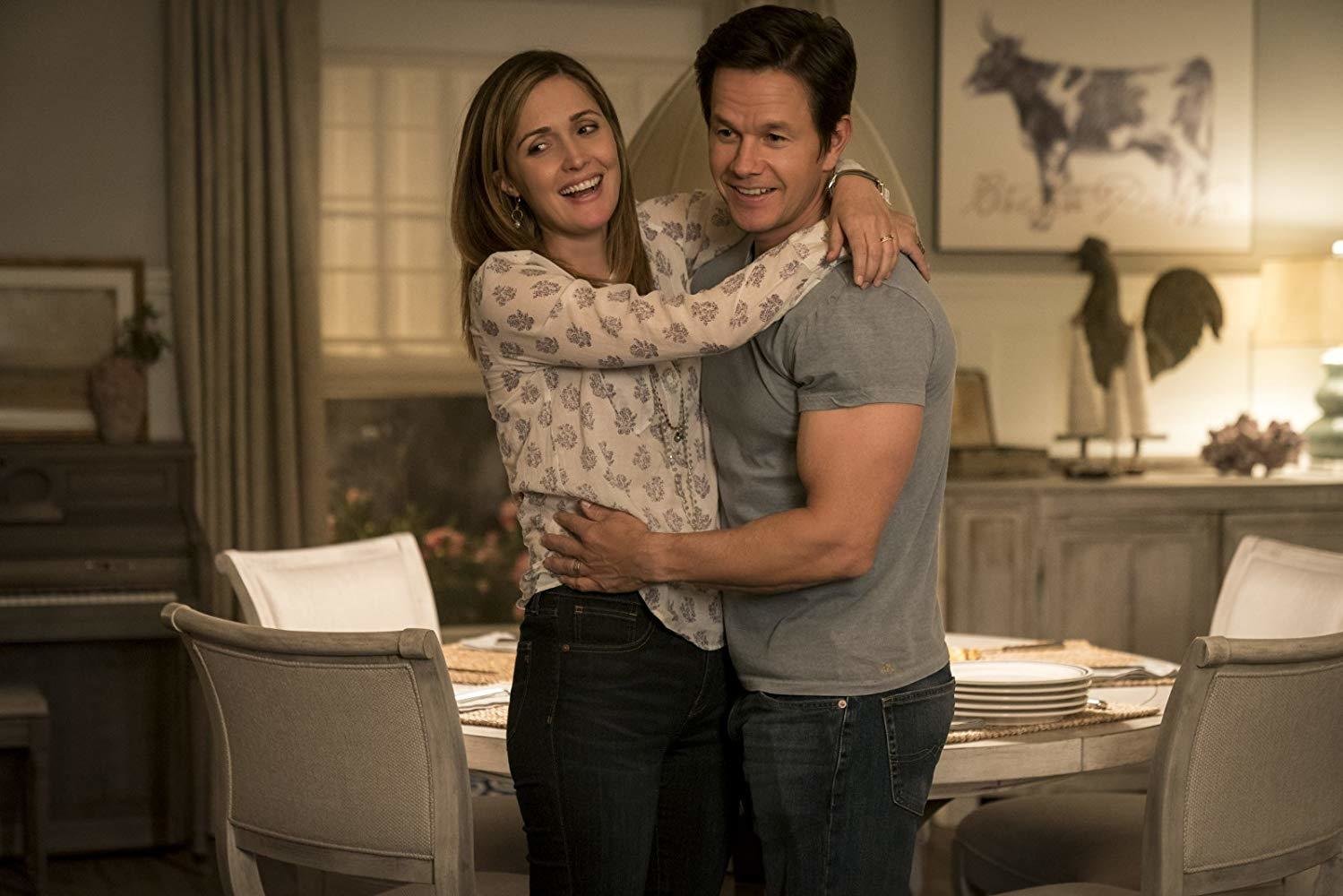
In 2018, Mark Wahlberg and Rose Byrne starred in the film Instant Family, which is about a couple who pursues adoption via foster care. The film gets a lot right. As happens quite frequently, they decide to foster-adopt one child, and after learning she has siblings, they end up with three kids. Not only that, but the process leads them to becoming a transracial family — which is often the case when the foster system is involved — and the film touches on the complexities of that. It also offers a lot of statistics and facts about foster care, which we appreciate.
The one aspect where Instant Family falls short, however, is its dismissiveness of the children's birth mother. But for the most part, it gets it right.
'Kung Fu Panda'
The Kung Fu Panda franchise handles the topic of adoption unbelievably well. In the first film, it's implied that Po is adopted because he's a panda and his dad is a goose. Their relationship is positive and supportive. In Kung Fu Panda 2, however, adoption is handled more directly, and it's done with care and finesse. Po has to deal with the emotional implications of being left behind by his birth parents, and then in the third film, his bio dad returns and they all realize that it's OK for Po to have two dads. Sometimes, there really is a happy ending.
'Alvin and the Chipmunks: The Road Chip'
Believe it or not, the film Alvin and the Chipmunks: The Road Chip deals with adoption quite poignantly. It tackles some of the real-life issues that adopted children in particular face, including the fear of abandonment and the fear of being considered not enough for their adoptive parents. In this story, Dave actually listens to the chipmunks and confirms his love for them by making their adoption official in court. Yes, it's a pretty picture, but it's also a reality for many loving adoptive families.
'Earth to Echo'
The thing we love most about Earth to Echo is that it's basically the opposite of Problem Child in its depiction of a kid living outside of his biological family. The film's main character is a young boy living in the foster system (and later adopted) who is actually smart, brave, and, for the most part, well-adjusted. It makes the point that not all foster kids and not all kids who are adopted when they are older are troubled or emotionally and socially stunted — and that's important.
'Elf'
We're gonna be real here: We know this is a goofy movie and that not a lot of kids are going to read too much into the adoption theme. There's just too much fun to be had with the other aspects of this Christmas classic. But Elf actually tackles the emotional ups and downs that someone who has been adopted might feel in relation to their birth parents, as well as how those birth parents might feel upon being reunited with their biological child, and how the adoptive parents might handle it all with grace. Adoption can lead to a broad spectrum of emotions and feelings, and Elf puts that all on display without attempting to sugarcoat it, despite it being such a feel-good film.
'Secondhand Lions'
The 2003 film Secondhand Lions showcases something that is actually quite common: when a child is adopted or taken in by blood relatives. In the movie, the child in question is never legally adopted, but he's taken in and raised by his uncles. These sorts of family dynamics are not unusual, despite not being discussed much in Hollywood. This is real life. This is what happens quite often when a child is orphaned or abandoned, and it's something we'd really like to see normalized in the movies.
'Lion'
The 2015 film Lion is pretty amazing. It's about a 5-year-old who gets lost on a train and ends up alone thousands of miles from his home. Eventually, he is adopted, but as an adult he yearns to reconnect with his birth family, who he believes is still in his country of origin. The boy has some vague memories and is able to use those to track down that family. Not all kids have those memories to use as clues, but some do.
The film also does a great job of illustrating that the search for birth parents doesn't necessarily have to be bitter for the adoptive parents, and that adopted children can at once desire to know more about their birth families without wanting or needing to give up their adoptive families.
'This Is Us'
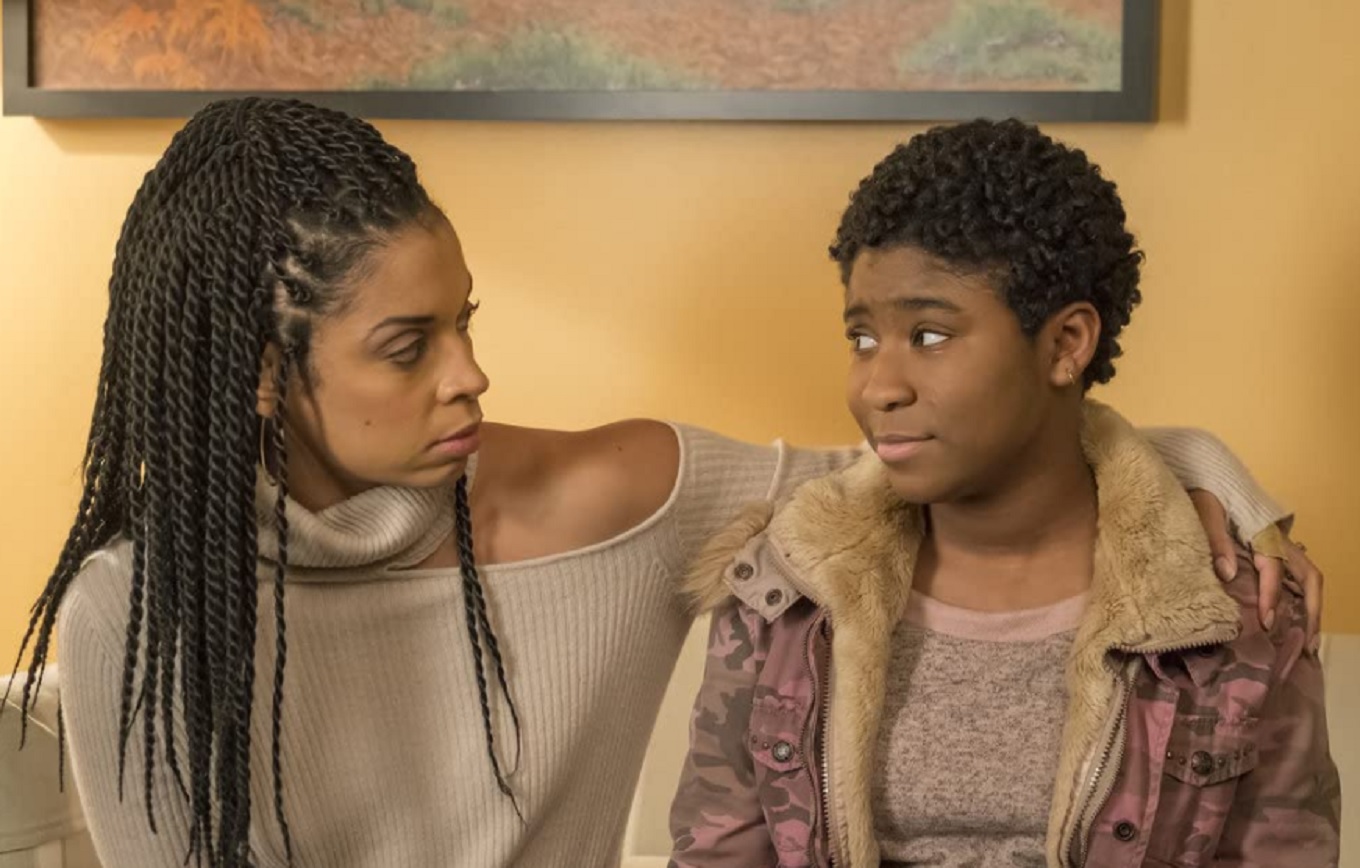
This Is Us is truly the one TV show that has really nailed the realities of adoption. The series at once captures how absolutely beautiful and utterly messy it can all be, while validating the feelings and experiences of everyone involved. Not only that, but it's told from the perspectives of the adoptees, which makes it super unique and adds to the authenticity of the storylines immensely.
'Anne of Green Gables'
Our biggest gripe with the classic Anne of Green Gables, in any of its iterations? It erases the birth parents. It simply does not touch on why or where. Nor does it showcase any of the natural curiosity and wonder that many adopted children have about their birth parents. They are just not woven into the story whatsoever, and that's plain unrealistic.


